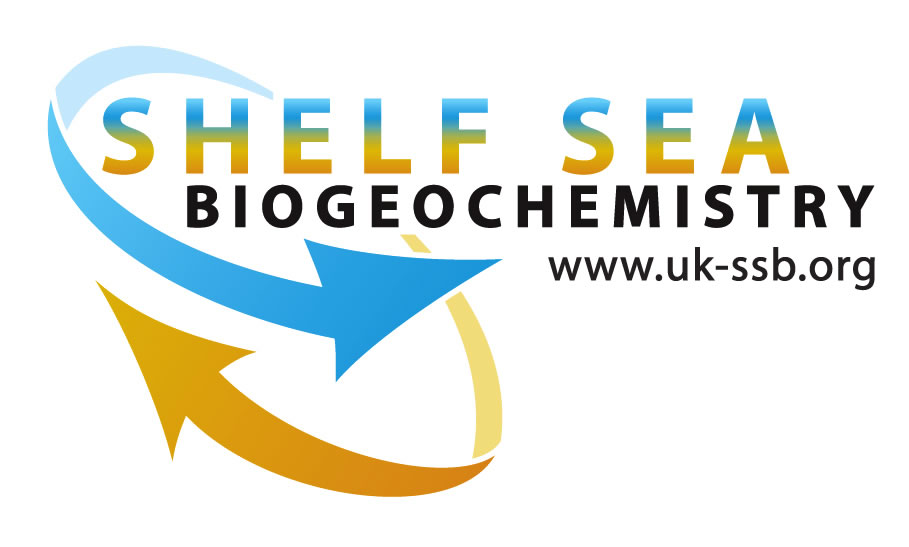Shelf Sea Biogeochemistry Research Programme
The shelf seas are highly productive compared to the open ocean, a productivity that underpins more than 90 per cent of global fisheries. Their importance to society extends beyond food production to include issues of biodiversity, carbon cycling and storage, waste disposal, nutrient cycling, recreation and renewable energy resources.
The shelf seas have been estimated to be the most valuable biome on Earth, but they are under considerable stress, as a result of anthropogenic nutrient loading, overfishing, habitat disturbance, climate change and other impacts.
However, even within the relatively well-studied European shelf seas, fundamental biogeochemical processes are poorly understood. For example: the role of shelf seas in carbon storage; in the global cycles of key nutrients (nitrogen, phosphorus, silicon and iron); and in determining primary and secondary production, and thereby underpinning the future delivery of many other ecosystem services.
Improved knowledge of such factors is not only required by marine policy-makers; it also has the potential to increase the quality and cost-effectiveness of management decisions at the local, national and international levels under conditions of climate change.
The Shelf Sea Biogeochemistry research programme is co-funded by the Natural Environment Research Council (NERC) and the Department for Environment, Food & Rural Affairs (Defra). The programme directly relates to the delivery of the NERC Earth system science theme. The programme will take a holistic approach to the cycling of nutrients and carbon and the controls on primary and secondary production in UK and European shelf seas, to increase understanding of these processes and their role in wider biogeochemical cycles. It will thereby significantly improve predictive marine biogeochemical and ecosystem models over a range of scales.
The scope of the programme includes exchanges with the open ocean (transport on and off the shelf to a depth of around 500m), together with cycling, storage and release processes on the shelf slope, and air-sea exchange of greenhouse gases (CO2 and N2O).
15 different institutions are participating in this research programme, along with some third party organisations. Together, they will perform a large fieldwork campaign throughout 2014 and 2015, based on core SSB process cruises and sampling from third party vessels of opportunity, with the intention of obtaining data to drive five different work packages forward.
The five work packages will provide the scientific outputs from this programme, answering questions such as quantification of nutrient and carbon fluxes between the shelf and deep ocean; understanding the impact on benthic communities of changing environmental conditions, such as rising CO2 levels; improving understanding of iron transport in shelf waters and shelf sediments and how this controls phytoplankton growth in open oceans; improvement in shelf seas biogeochemical modelling which will aid marine policy formation and marine forecasting; quantitatively assessing the role of UK coastal waters in carbon storage and sequestration.
Further information to what is present on this website is available at the NERC SSB web pages.
